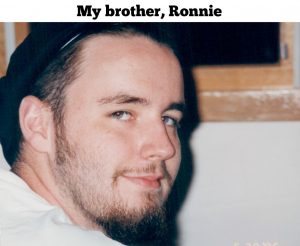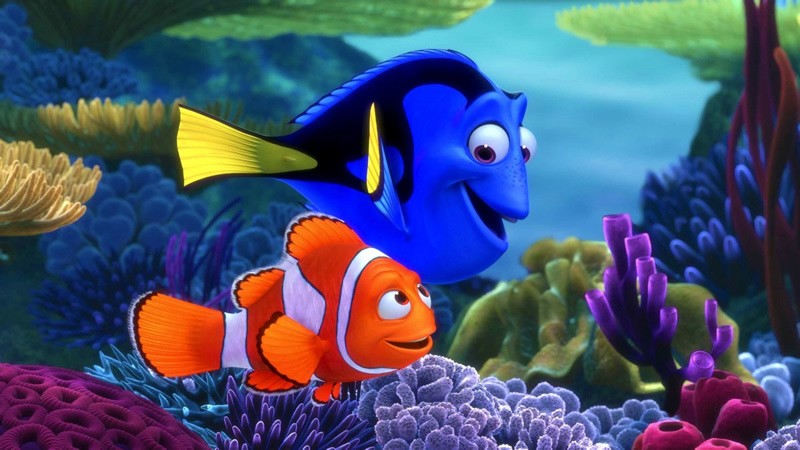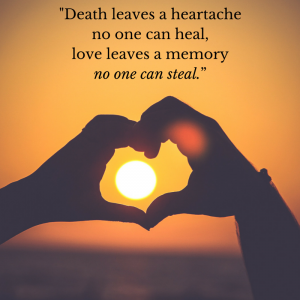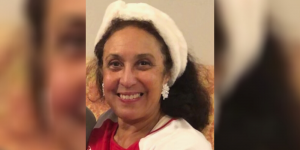July 25th marks four years since my brother died at the age of 35. It was an acute illness: he went into the hospital on Thursday and died Monday evening. My grief was all-encompassing. As I wrote in a personal blog, “I was so angry at the medical personnel in the hospital whose lives were unchanged by Ronnie’s death. How could they sit at their computer and do their work as though the world hadn’t forever altered? How could they joke with each other when they were surrounded by illness? I tried to stop myself from these strong feelings of disgust, but I accept it now as part of my mourning.”
In the days that followed his death, my parents, sisters, brother-in-law and I stayed close, as though we couldn’t bear the physical loss of another loved one, even if he/she was in the next room. We made preparations for Ronnie’s funeral and endured the draining process of accepting condolences from extended family, friends, neighbors and acquaintances. We cleaned out Ronnie’s apartment and made lists of accounts we needed to close and formalities we needed to address. We ate and slept fitfully. Life, in essence, went on.

- It was a fact that I could not change.
- I could gain strength by surrounding myself with loved ones.
- I would learn more about the circumstances (Ronnie died of complications related to alcoholism).
- I would seek out distraction.
- I would share my experience with others.
Speaking of leukemia, I always thought that out of all 4 siblings, if anyone were to die young, it would be me. I’m not trying to be morbid, I just figured that I had cancer twice and if my parents had to deal with the loss of a child, it would be me. I felt a strange, unrealistic pressure to remain healthy after Ronnie passed away, because I didn’t want my parents and siblings to go through that loss again. It wasn’t really survivor’s guilt, but it was a stress I imposed on myself, not that there was any sure way to prevent cancer from returning. It was merely another worry to add to my list.
I wondered if I would always feel this way, if life would forever be filled with sadness and grief. I couldn’t picture myself laughing or smiling again. As time passed however, I found myself smiling tearfully at stories of shared memories and even laughing at funny Ronnie anecdotes. I was grateful to friends and family who took time to share their memories in cards, calls and visits. I would still cry often, typically while alone in my car or as I fell asleep. I wondered what was happening physically that made the heart feel so heavy, as though it actually sunk lower in my body. Yet I kept on moving forward.
I recently read a moving blog post prompted by the death of Joe Biden’s son, Beau. In “What Joe Biden Taught Me About Grief”, Marie Ennis-O’Connor, a breast cancer survivor, wrote:
“How long does grief lasts? It lasts longer than you can imagine. It lasts until the day comes when we’ve noticed we’ve gone a whole hour, a whole day without the heavy weight of grief around us; we notice that our lives have moved imperceptibly forward and while this sometimes makes us sad and we still yearn to have our loved ones with us, we learn to carry them with us always in our hearts as treasured memories. Along the way there will be numerous set-backs, but with time these too will diminish. Grief is as individual as the person experiencing it. It is a process which neither you nor any well-meaning friends or family should rush you through; a process that requires compassion for yourself and for the process. Trust that in time you will heal from the pain of grief, but like a broken vase that has been painstakingly mended, if you look closely, you will see a tiny fracture, a thread vein of grief always present.”
In 1969, psychiatrist Elisabeth Kübler-Ross published On Death and Dying, a formative piece in grief literature in which she presented her theory on the five stages of dying or five stages of death, which eventually evolved into the five stages of grief:
- Denial and isolation
- Anger
- Bargaining
- Depression
- Acceptance
These stages were accepted into popular culture, but many grief counselors believe the idea of stages can be harmful because grief is not organized and it is a very personal experience. As The Association for Death Education and Counseling website explains, “Everyone grieves differently. There are no ‘stages’, and there is no timeline.” Scientific American published a piece in 2008 called “Five Fallacies of Grief: Debunking Psychological Stages” in which Michael Shermer discusses why we seek stages to explain life’s complexities. I never really thought about the stages while grieving for my brother, and I am grateful that no one imposed a strict timeline on my grief.

I like to think of Dory from Finding Nemo. Last year I walked a marathon in Ronnie’s memory, and I articulated some of my thoughts about his death in a personal blog post, “My Comeback”. One full paragraph focused on Dory:
“I think often of “Finding Nemo” and Dory’s advice to “Just keep swimming”…it may sound silly, but that is truly sage advice! Somehow three years have passed since Ronnie’s death. I am still able to laugh. I can find joy in little pleasures. I have hope in the future.”
It is such a relief to know that life continues. As Marie Ennis-O’Connor wrote in the above excerpt, “you will see a tiny fracture, a thread vein of grief always present”, but many more are the times you will see me smiling and living with joy, gratitude and enthusiasm.
Below are some resources offering more information about the grieving process:
- Living When a Loved One Has Died by Earl Grollman (My dad has read this multiple times and highly recommends it.)
- Living with Loss, Healing with Hope: A Jewish Perspective by Earl Grollman (My dad has also read this one several times, and he has found it incredibly helpful. Rabbi Grollman is an internationally recognized bereavement counselor, and although he writes from the Jewish perspective, his books help readers of all different faiths.)
- When Bad Things Happen to Good People by Harold Kushner (A friend and counselor recommended this to me, and although I haven’t read it, I’ve heard wonderful things about it.)
- Association for Death Education and Counseling (I discovered this in my research, and it has a comprehensive list of resources for all types of grief. This list includes a search system for grief specialists around the world.)
- “Common Myths and Misconceptions about Grief” (The author of this blog is a nurse practitioner and grief counselor with over 40 years experience helping others with loss, grief and transition.)
What has your experience with grief been like? Do you have any advice to share for anyone going through loss?






